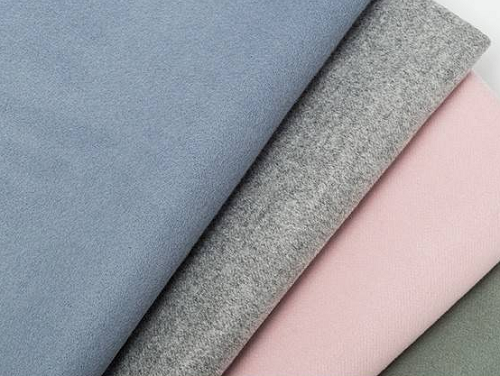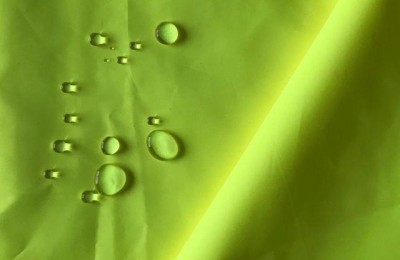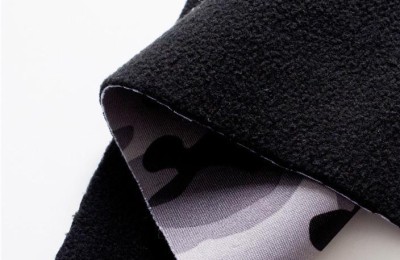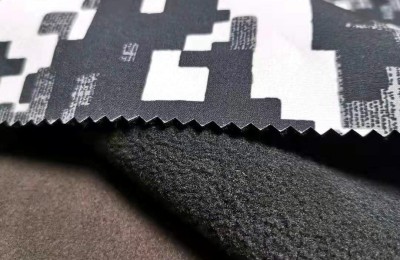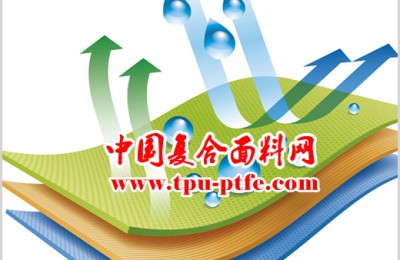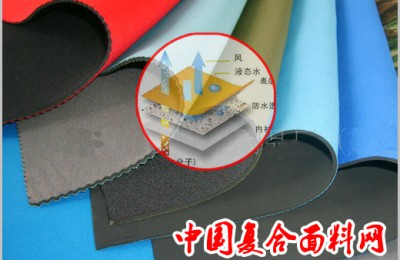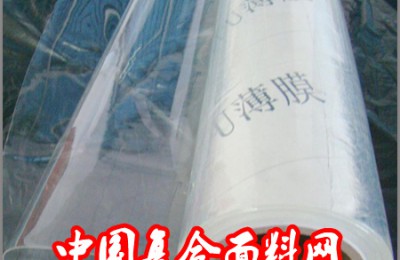New TPU for laser sintering
Bayer MaterialScience and German Solid Composites are collaborating to develop selective laser sintering TPU powder. This innovative method of manufacturing three-dimensional structures is based on sintering powdered materials using a laser beam. The new company, located in Feld on the Lower Rhine, will be given a new brand and will market the new high-tech material under the name Desmosint. This technology has expanded many downstream application fields for products, such as automobiles, sports equipment, robotics, and aerospace engineering. Solid Composites is a subsidiary of the Fraunhofer Institute for Environmental, Safety and Energy Technology. It can be used for mass production without the need for molds. Selective laser sintering gives great freedom in design and is especially suitable for additive production of small batches, such as the production of bellows, hoses and luxury RVs. This method is also suitable for the production of orthopedic shoe inserts, sports shoes, helmets, prosthetics, etc. In addition, this technology can also be used for mass production. For example, the geometry of some parts is very complex and the cost of injection molding is high. In these cases, the energy efficiency ratio of using a sintering machine will be better. And after the product is used, the plastic can be recycled. At present, basically soft, elastic materials and hard thermoplastics such as nylon can be used for selective laser sintering. However, Bayer’s TPU products have good toughness, elasticity and strength, eliminating the gap between different grades of materials. This creates good conditions for application. The first representative TPU product is Desmosint X 92 A-1. One of its advantages is that the temperature during TPU production only needs to be maintained at about 80 degrees Celsius. Nylon, on the other hand, needs to be kept slightly below its melting temperature. Since heating the reaction chamber accounts for the majority of energy costs, this approach provides significant energy savings. Moreover, Bayer’s TPU is not easy to bend, which means that the sintering process can proceed very smoothly. The latter point is that the unsintered powder in the reaction chamber will not age and can therefore continue to be used. This is a huge advantage compared with the traditional laser sintering material PA12. Selective laser sintering is increasingly becoming a robust digital production method in additive manufacturing of plastics. Products can be produced from TPU powder through structural design data of plastic parts. Using CAD guidance, the laser melts the powder layer at selected locations. In other words, the plastic parts are stacked one on top of the other. This method eliminates the need for molds and reduces costs accordingly. And compared with injection molding, even plastic parts with multiple cavities, complex geometries and cuts can be processed. Eliminate the gap between different materialsMqKHiZJmG
